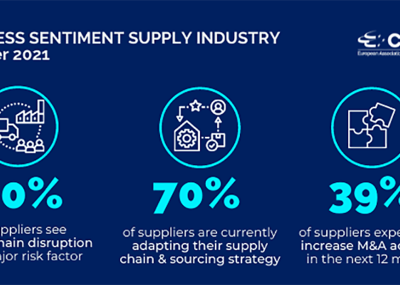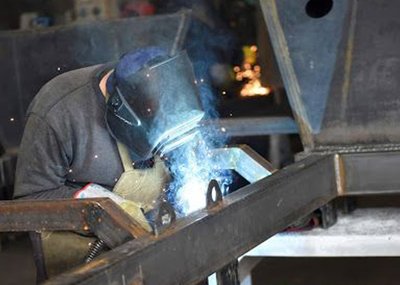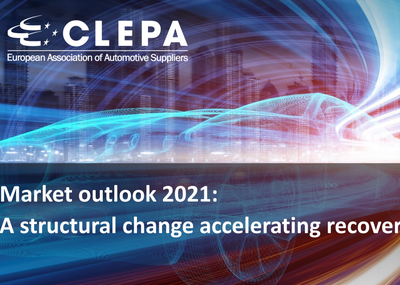What is the way forward?
The Green Deal should be seen as the opportunity to start aligning climate policies across sectors into a coherent framework which ensures climate neutrality at the lowest cost to society in appropriate steps up to 2050.
Short term: Up to 2030
Ambitious but realistic CO2 emission standards, along with adequate targets for renewable energy, renewable and low carbon fuels and the deployment of charging and refuelling infrastructure. Both need to go hand in hand.
Long term: Post 2030
A roadmap to climate-neutrality, via a combination of CO2 regulation and measures targeting the supply chain as well as the use-phase, should be developed for implementation post 2030. The focus should be placed on further integrating sectoral regulations and enabling allocation of investments where these are most effective to reduce carbon emissions.
Greenhouse gas regulations for vehicles should be based on an assessment of well-to-wheel or life-cycle emissions. It is important to make this step forward to remove the exclusive push towards BEV inherent in stricter CO2 targets in a tank-to-wheel regulation. Rather than regulating an end to the internal combustion engine in vehicles coming to the market, a phase-out of fossil fuel is needed.
A holistic approach: What else is needed to meet the 2030 targets?
The current targets for passenger vehicles for 2025 and 2030 foresee an emission reduction of 15% and 37.5% respectively against the 2020 baseline, and for vans a target of 31% applies in 2030. These targets will contribute to delivering against the obligations of the Paris Agreement and will push the transformation towards climate-neutral mobility, but they also pose a substantial challenge to the automotive industry.
Every percentage point on top of these targets requires corresponding effort on the side of renewable energy, fuels and infrastructure. The targets set out for the deployment of charging infrastructure are calculated on the basis of the current targets and can only be the start.
The automotive suppliers are committed to continue the dialogue on how best manage the transition and find a balance between environmental, industrial and social needs.









